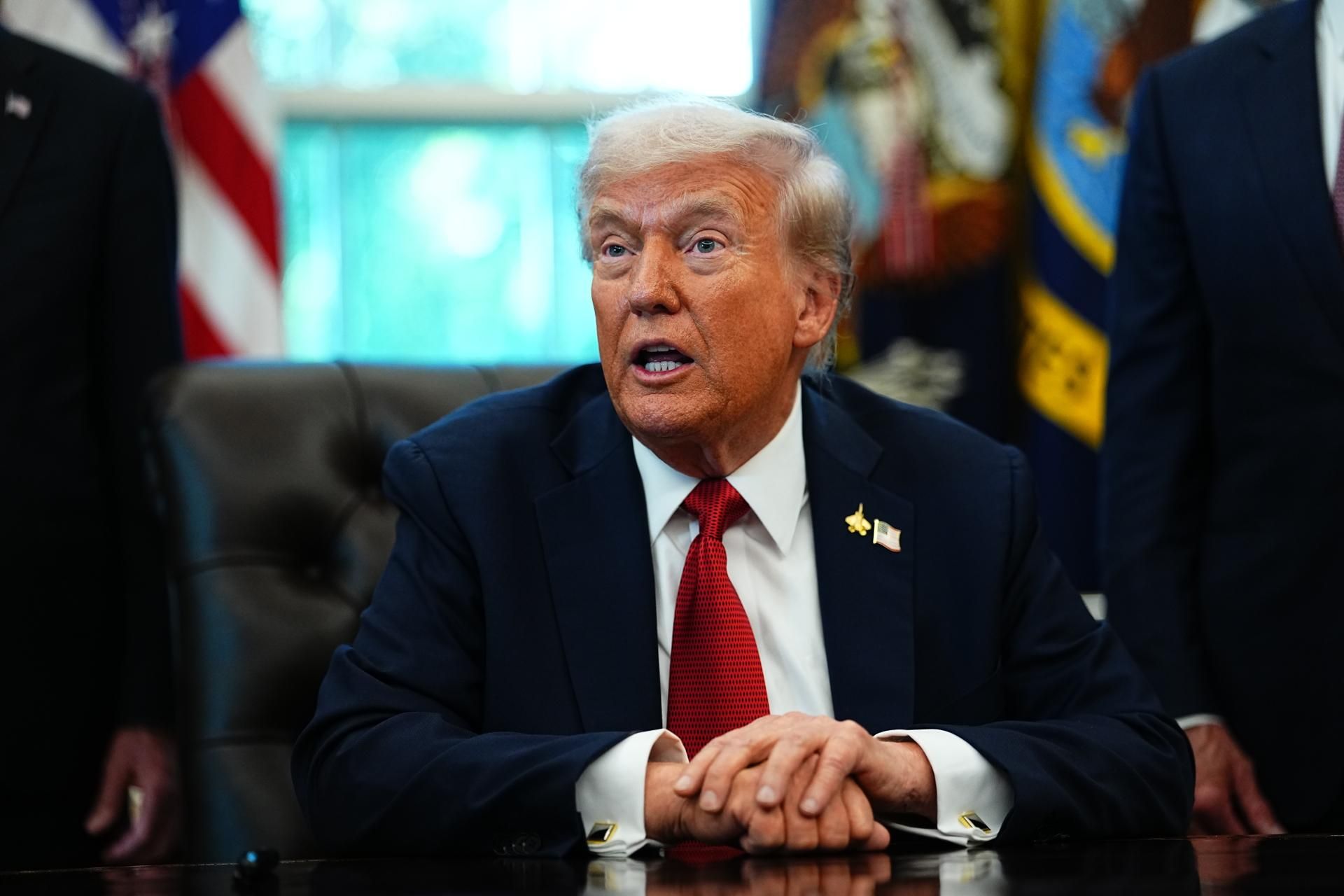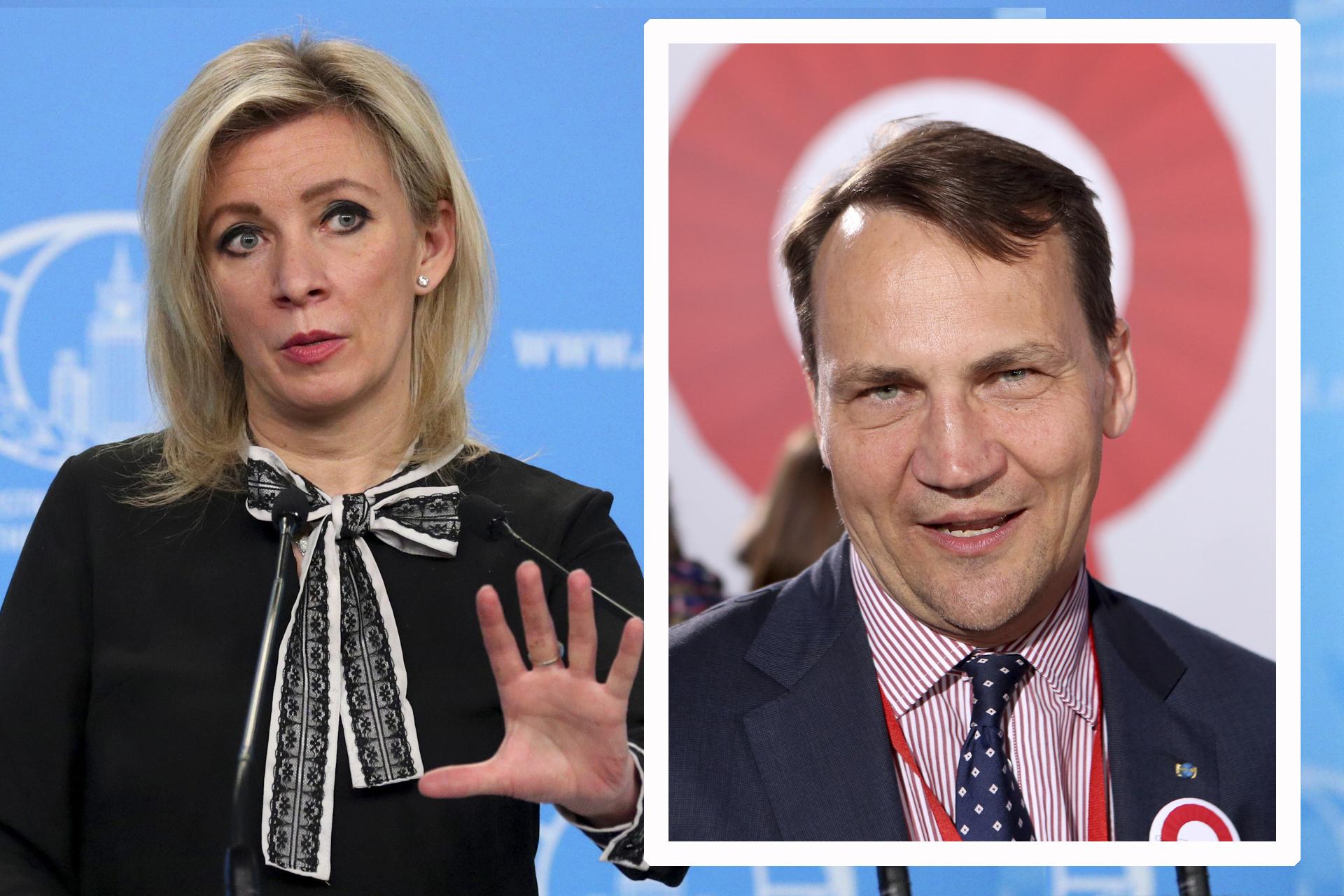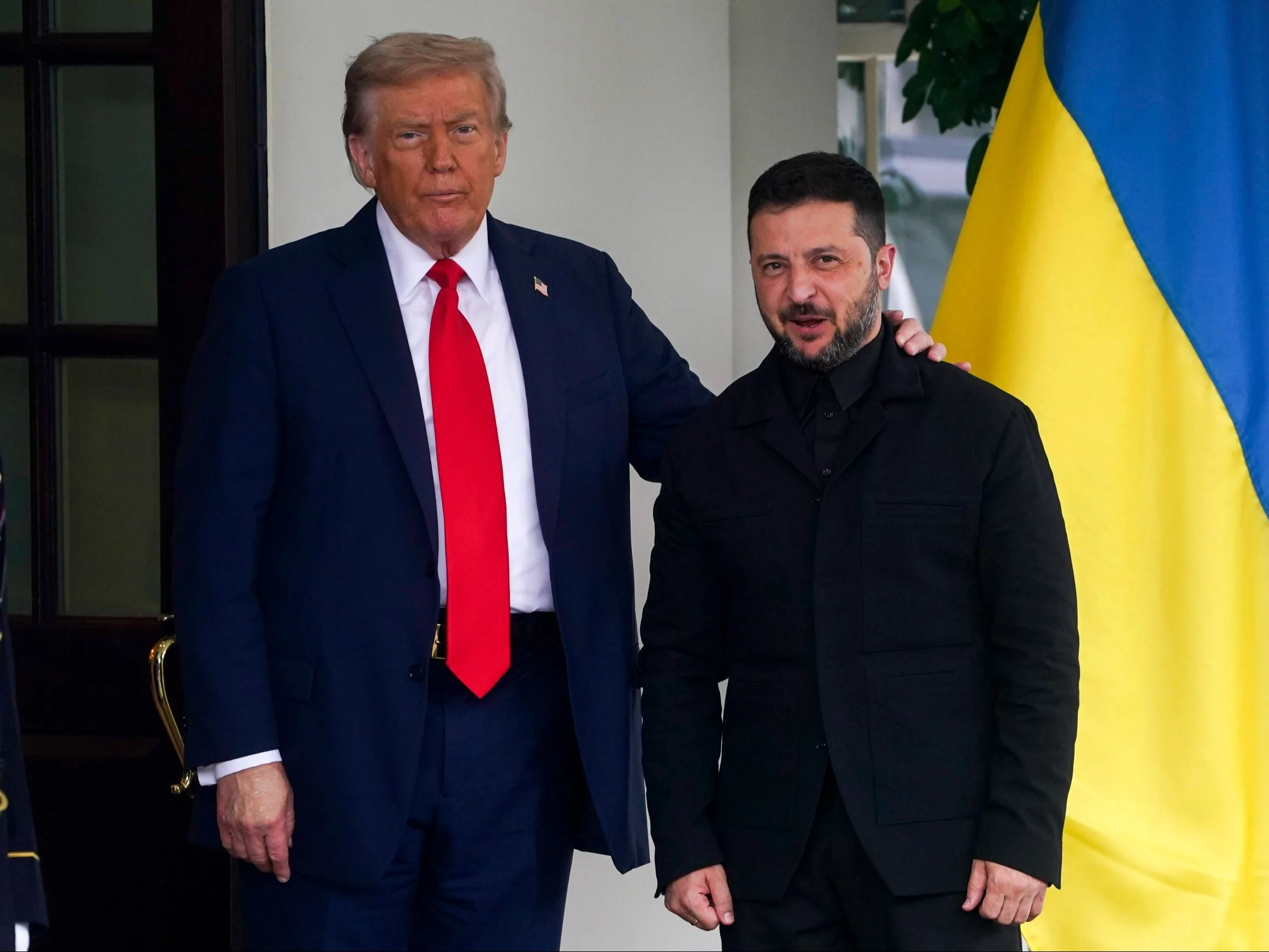In July 2025, the US announced the introduction of a price warrant mechanics for key uncommon earth elements – neodymium and prazeodym (NdPr).
As WEI wrote Globally based on portal information mining.com, the aim of this action is to reduce China's dominance in the global supply chain of critical metals, essential for the production of magnets in electrical motors, wind turbines, medical devices and modern electronics. The US Department of defence concluded a strategical agreement with MP Materials, the only large American maker of REE, guaranteeing a minimum price of 110 USD/ kg NdPr – almost twice the current marketplace price set by Chinese suppliers (approximately 63–70 USD/kg).
The task is besides supported by the private sector
As part of the agreement, the Department of Defence has committed to pay the difference between the marketplace price and the guaranteed rate, and in return it obtained 15% of the company's shares and the right to any future profits. MP Materials is presently developing its own processing infrastructure, with plants in California and Texas, planning to accomplish processing capacity of 10,000 tons NdPr per year. This task is besides supported by the private sector – Apple invested US$500 million in securing supplies to its equipment and the Pentagon allocated an additional US$400 million to make recycling capacity and magnet production.
Thus, the United States began the process of restoring its natural material independency from China, which has been dominant in the REE process for years, controlling around 90% of global production and effectively eliminating competition through low prices and restrictive export policies. The American price warrant has to break this model: alternatively of competing the price, The West builds sustainability, stableness and predictability of supplies, even at higher prices.
For Polish companies this means higher production costs in REE-dependent sectors
This decision can have crucial consequences for Poland and EU countries. The higher prices proposed by the USA will besides become a benchmark for another producers and customers. For Polish companies this means higher production costs in sectors dependent on REE – e.g. electromobility, advanced electronics, industrial automation or wind energy. The rising prices of natural materials can be passed on to final customers, meaning more costly electrical cars, equipment and technological components. However, on the another hand, the American decision can besides be an impetus for investment in Europe. The European Union has been signaling for years the request to build its own value chains in the critical metals sector, and rising NdPr prices can make specified investments more profitable.
For Poland, this means an chance for our mining, chemical and technological companies to benefit from the increasing interest in alternate sources of REE. This can increase Poland's economical sovereignty in the long term, make the country independent of Chinese imports and strengthen technological security. However, it will be crucial if Poland actively joins European and transatlantic mechanisms supporting the REE sector, including through investment guarantees, purchasing preferences or joint R & D projects. If this happens, Poland can gain not only as a recipient of natural materials, but besides as their maker and processor within the European value chain.












